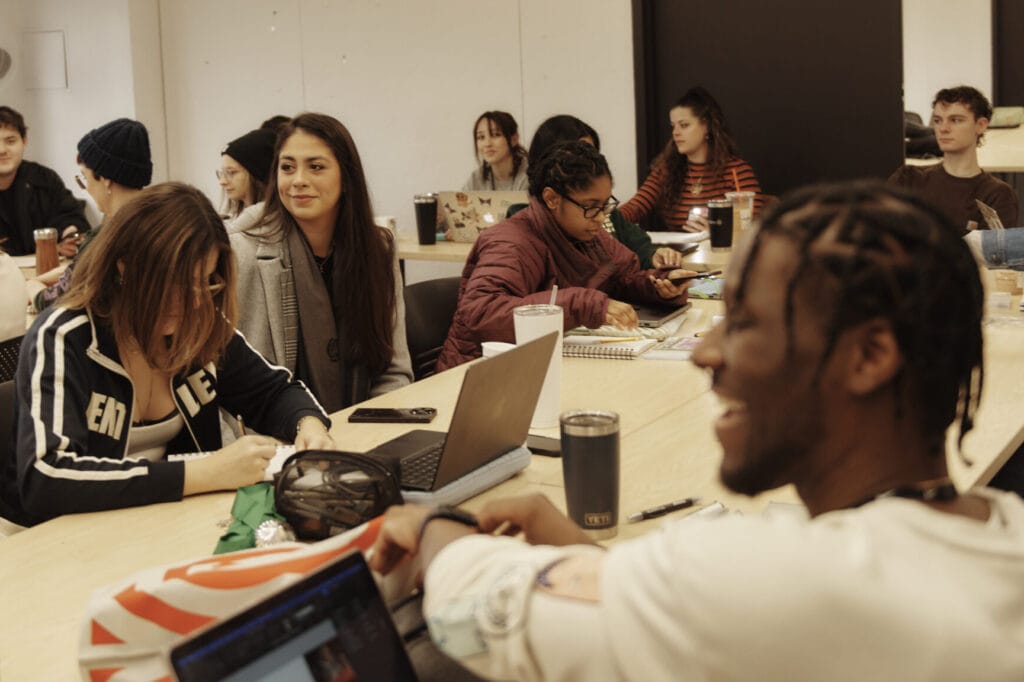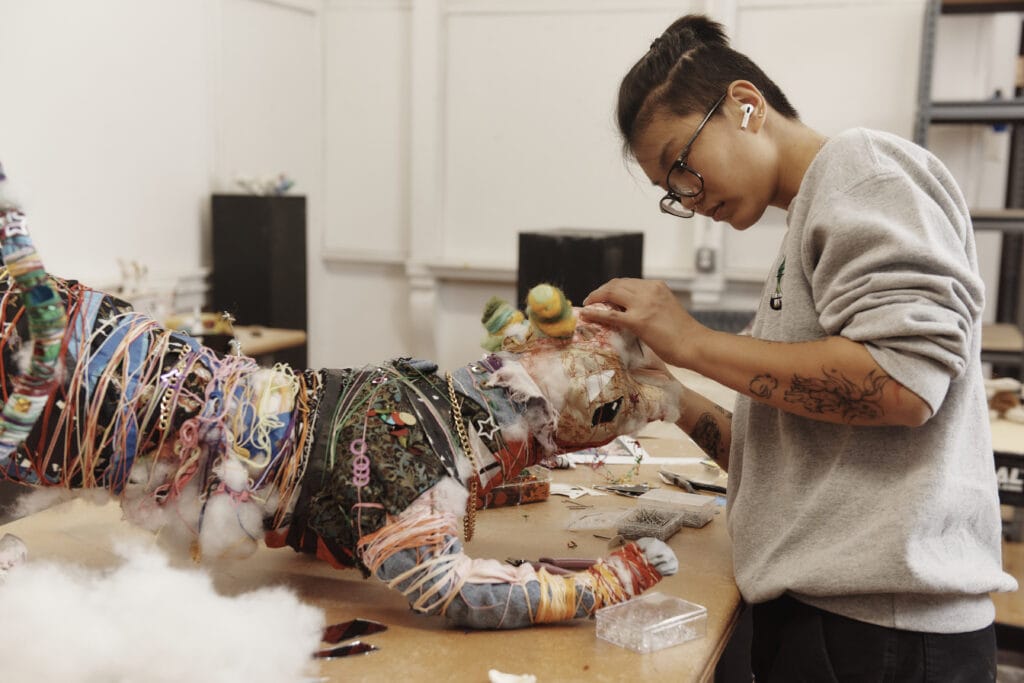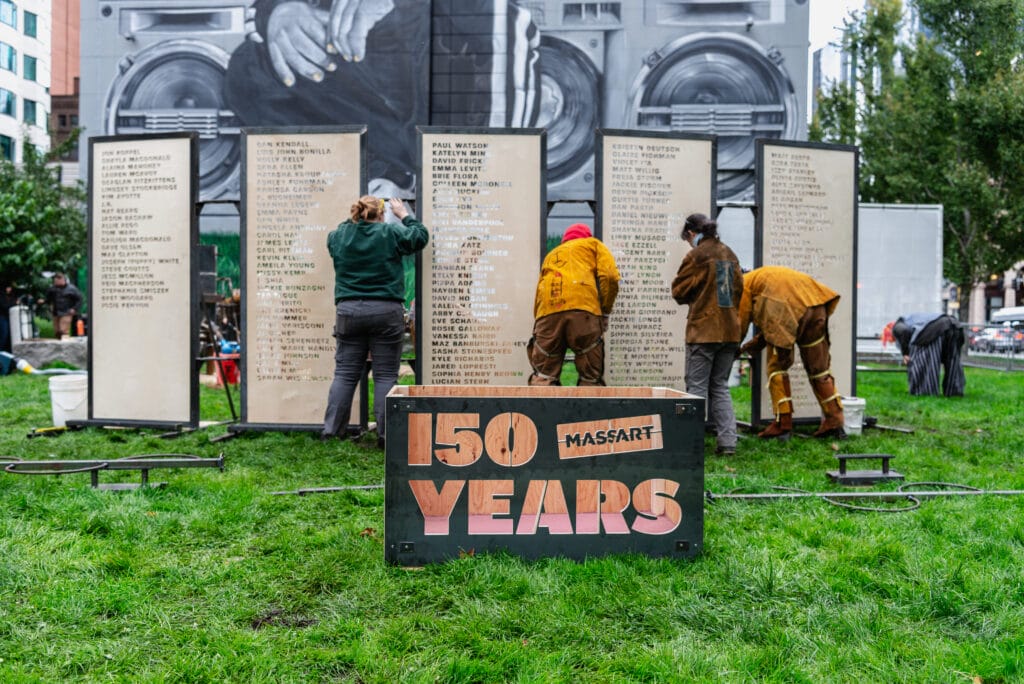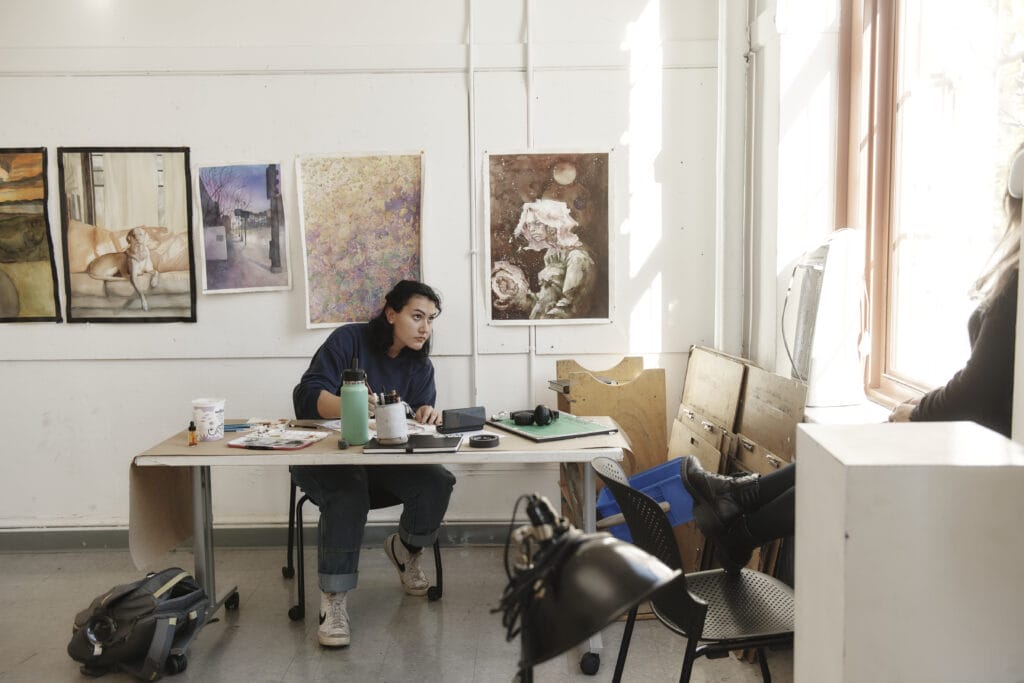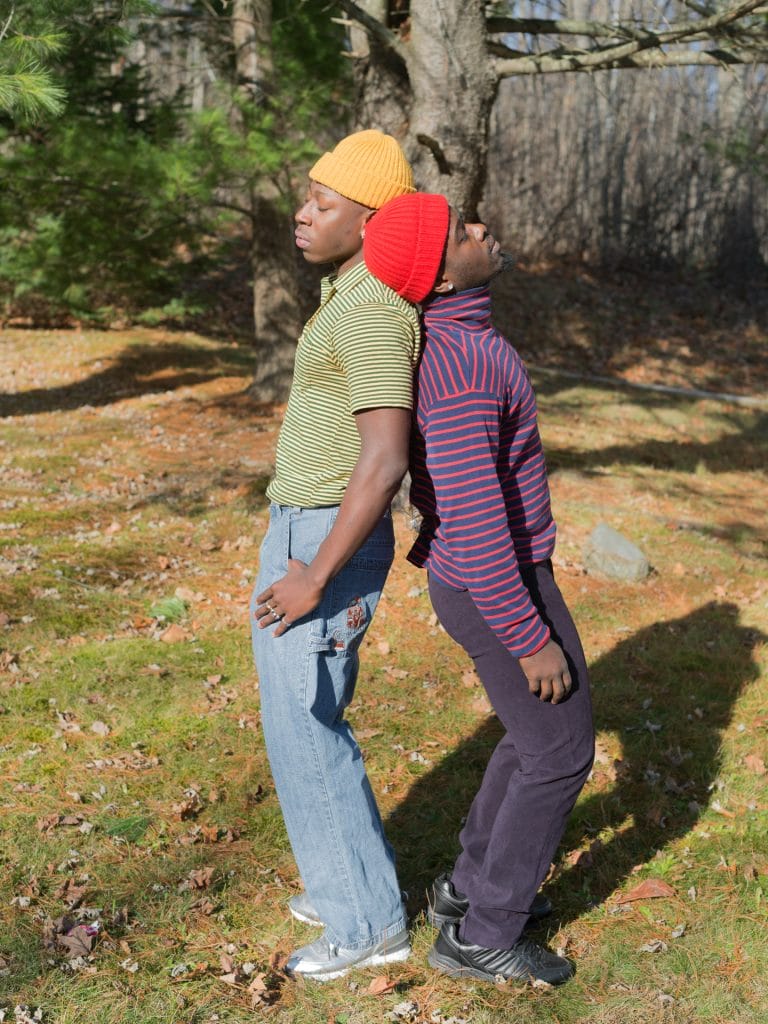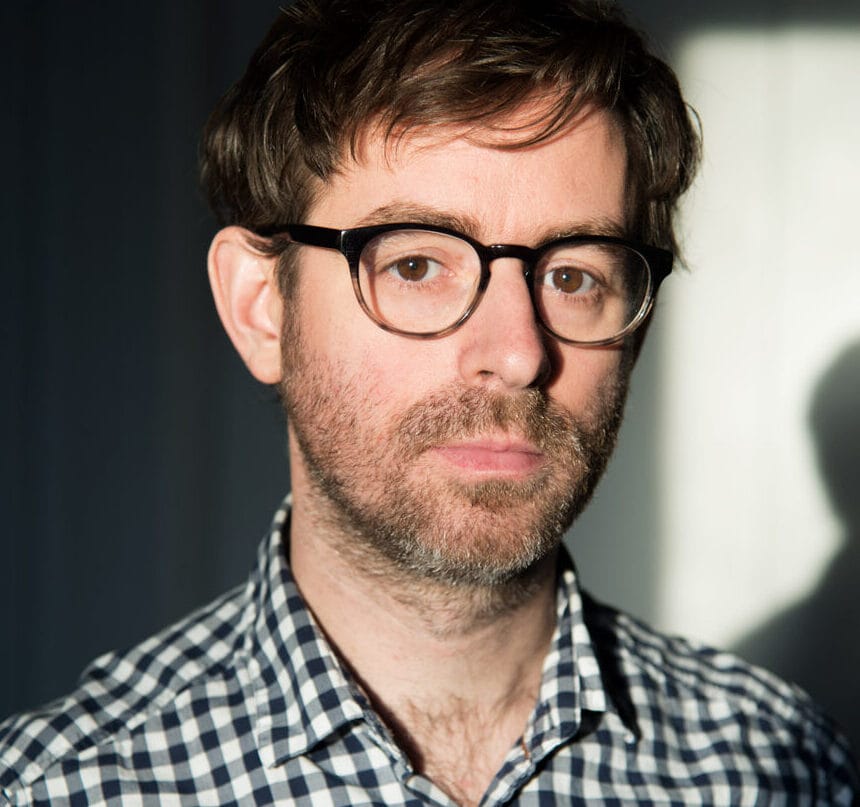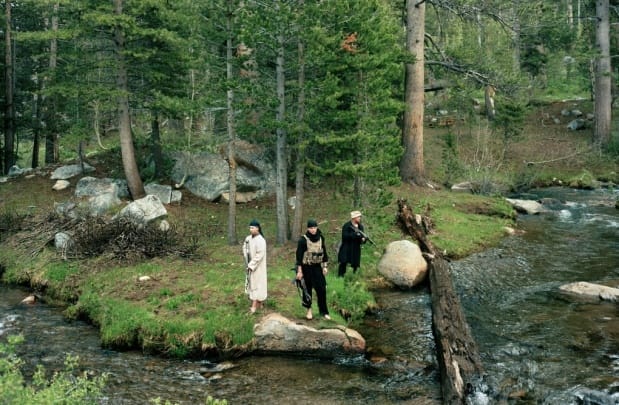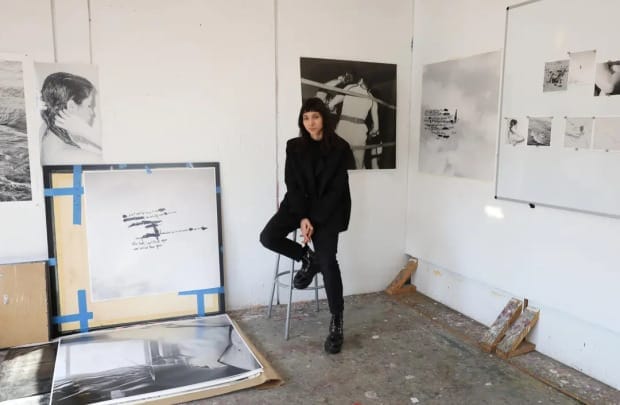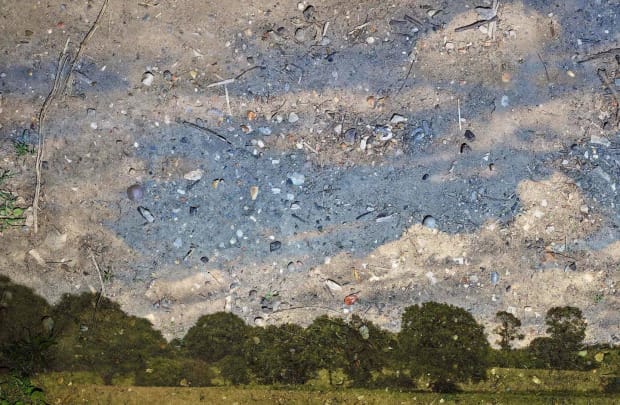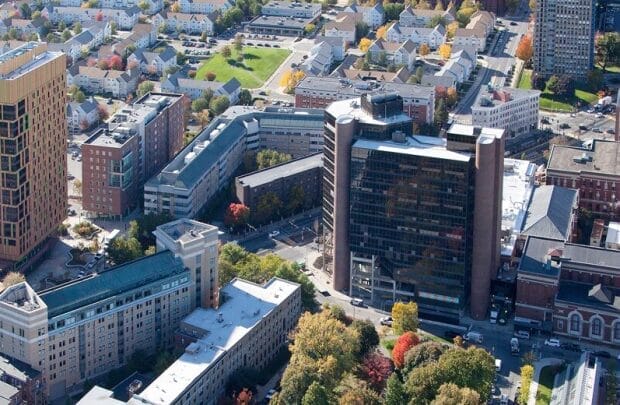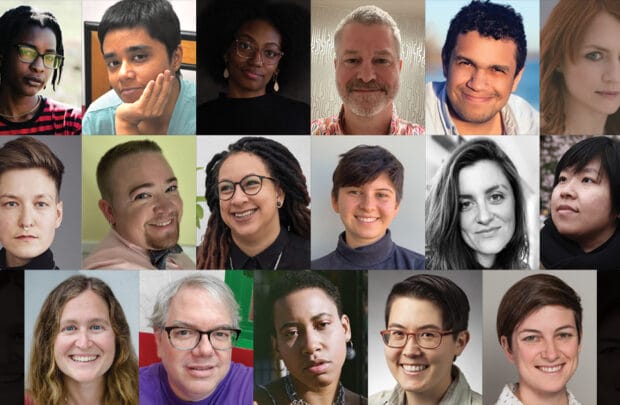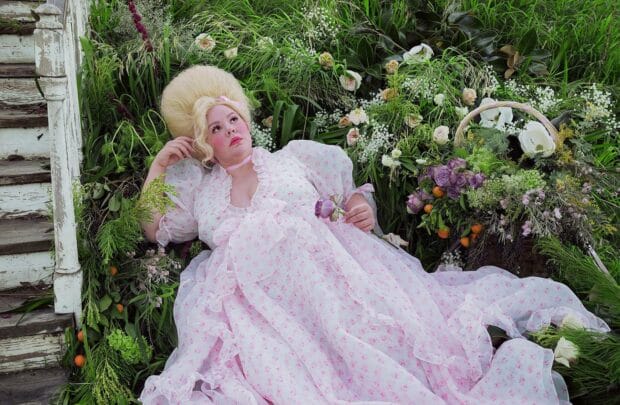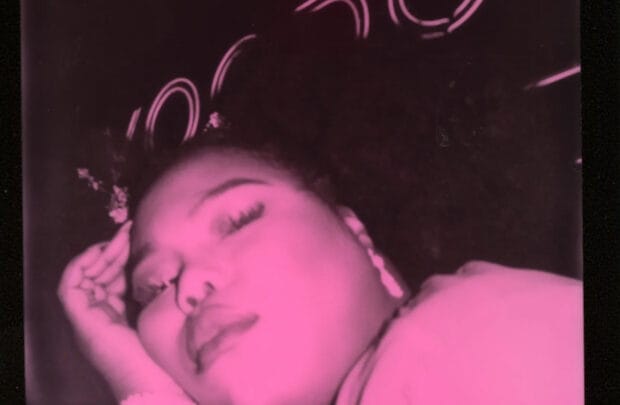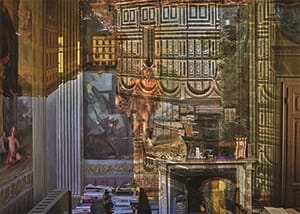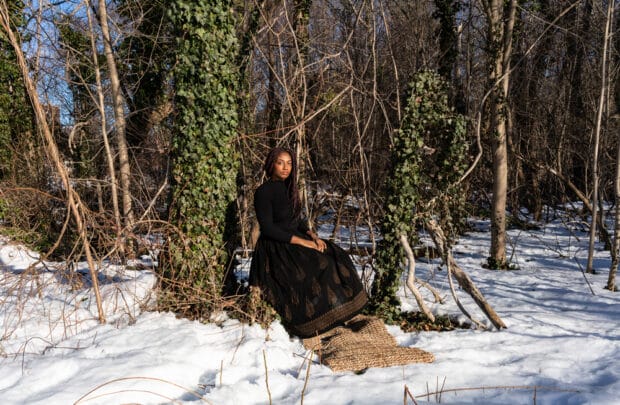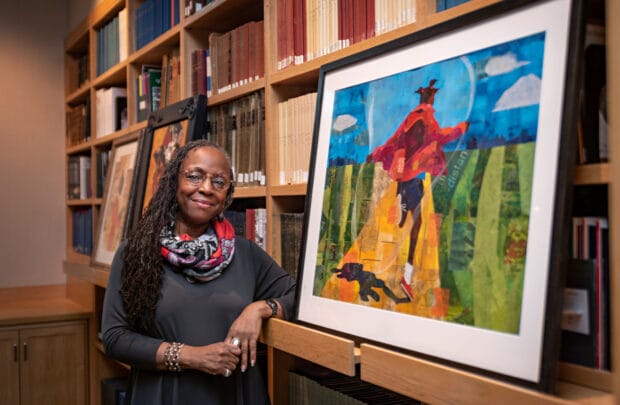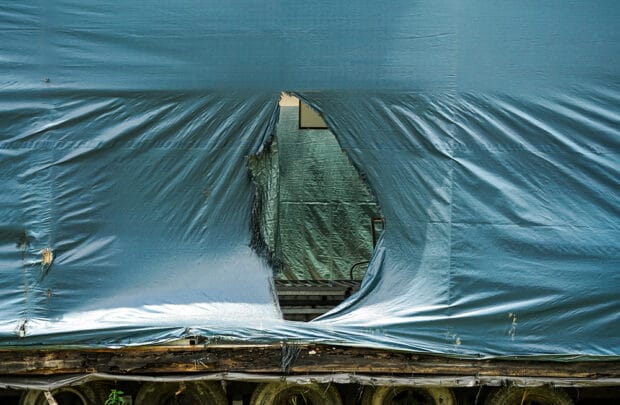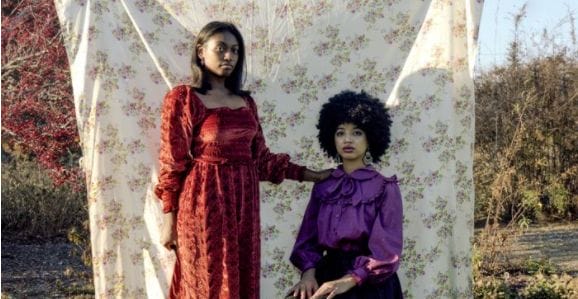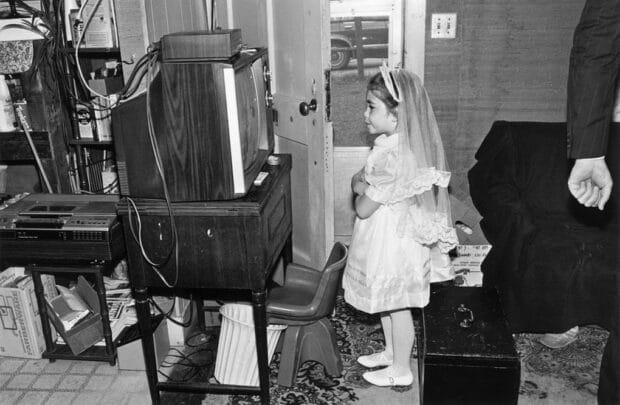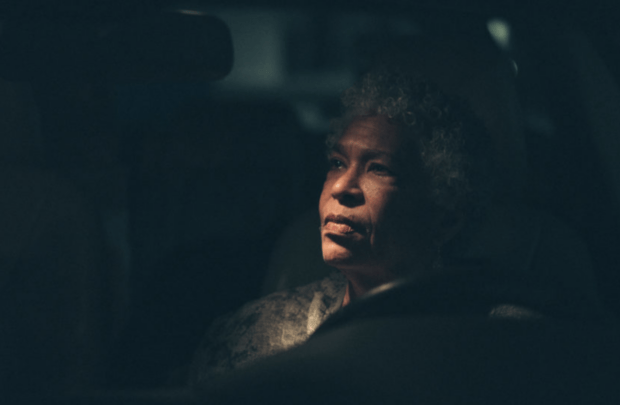MassArt’s MFA in Photography offers students an environment for conversation and experimentation as they strive to produce work of significance.
MassArt’s MFA in Photography advances the medium as a means of critical expression. Students create within and without the boundaries of lens based images, bookmaking, contemporary criticism, and the history of photography. Over the course of the program’s 30-year history, we have cultivated an intellectual environment in which graduate students refine technique and arrive at new meanings. Students have access to extensive analog and digital photography facilities, and are encouraged to explore intersections with various disciplines throughout MassArt and neighboring universities.

Photo by Matthew Monteith

A student works in his graduate studio space. Photo by Matthew Monteith
The welcoming atmosphere of the department, in combination with its first-rate facilities, provides an environment where students converse and experiment as they strive to produce work of significance. The MassArt Scholarship for Graduate Study in Photography provides significant support to admitted MFA students, expanding access to our prestigious program.
Through studio visits and roundtable discussions, graduate students have direct access to the prominent artists, curators, scholars, and critics who participate in our celebrated Photography Lecture Series. Renowned guest critics also provide feedback to MFA candidates during in-progress critiques and end-of-semester reviews.
MFA students in the Photography program who successfully complete the graduate elective, College Teaching in Art and Design, may co-teach one or more studio courses with a fellow MFA candidate during their second year in the program.
Each year, one recent Photography MFA graduate is awarded our Post Graduate Teaching Fellowship to hone their teaching skills and continue their art practice at MassArt for one year.
MFA Learning Outcomes
Students who complete the Photography MFA Program are expected to be able to demonstrate the following learning outcomes.
- Experiment with formal and conceptual invention as you develop a coherent body of work of depth and integrity on a personally chosen topic, which may or may not extend over the two year program.
- Refine technical expertise in photography and acquire new skills in other media.
- Bridge the visual language of photography with the written word and public speaking.
- Understand one’s work in relation to contemporary art and art history by incorporating scholarly research, critical theory and analysis, and an awareness of historical and contemporary practices.
- Develop the ability to critique peers’ work across disciplines to speak thoughtfully about the work of others.
- Develop awareness and understanding of the diverse cultural, historical, and experiential issues expressed and inherent in one’s own artwork, and in that of one’s peers.
- Exhibit one’s work in a professional manner in the thesis exhibition. Students may also participate in other exhibitions and curatorial opportunities at the college.
- Understand a range of professional pathways for careers in the arts.
- Collaborate with artists in other disciplines.


